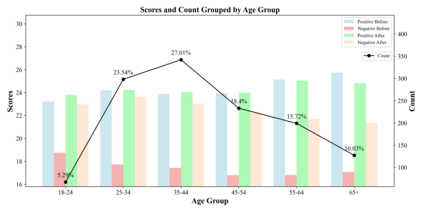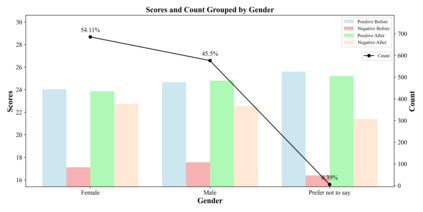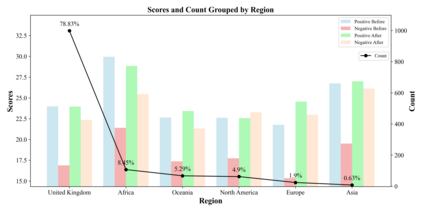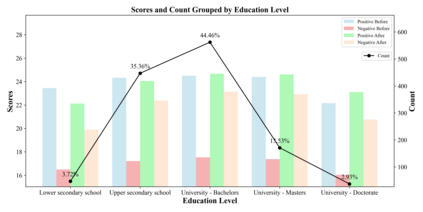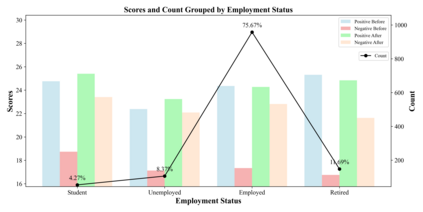Recently, the community has witnessed the advancement of Large Language Models (LLMs), which have shown remarkable performance on various downstream tasks. Led by powerful models like ChatGPT and Claude, LLMs are revolutionizing how users engage with software, assuming more than mere tools but intelligent assistants. Consequently, evaluating LLMs' anthropomorphic capabilities becomes increasingly important in contemporary discourse. Utilizing the emotion appraisal theory from psychology, we propose to evaluate the empathy ability of LLMs, i.e., how their feelings change when presented with specific situations. After a careful and comprehensive survey, we collect a dataset containing over 400 situations that have proven effective in eliciting the eight emotions central to our study. Categorizing the situations into 36 factors, we conduct a human evaluation involving more than 1,200 subjects worldwide. With the human evaluation results as references, our evaluation includes five LLMs, covering both commercial and open-source models, including variations in model sizes, featuring the latest iterations, such as GPT-4 and LLaMA 2. A conclusion can be drawn from the results that, despite several misalignments, LLMs can generally respond appropriately to certain situations. Nevertheless, they fall short in alignment with the emotional behaviors of human beings and cannot establish connections between similar situations. Our collected dataset of situations, the human evaluation results, and the code of our testing framework, dubbed EmotionBench, is made publicly in https://github.com/CUHK-ARISE/EmotionBench. We aspire to contribute to the advancement of LLMs regarding better alignment with the emotional behaviors of human beings, thereby enhancing their utility and applicability as intelligent assistants.
翻译:暂无翻译











